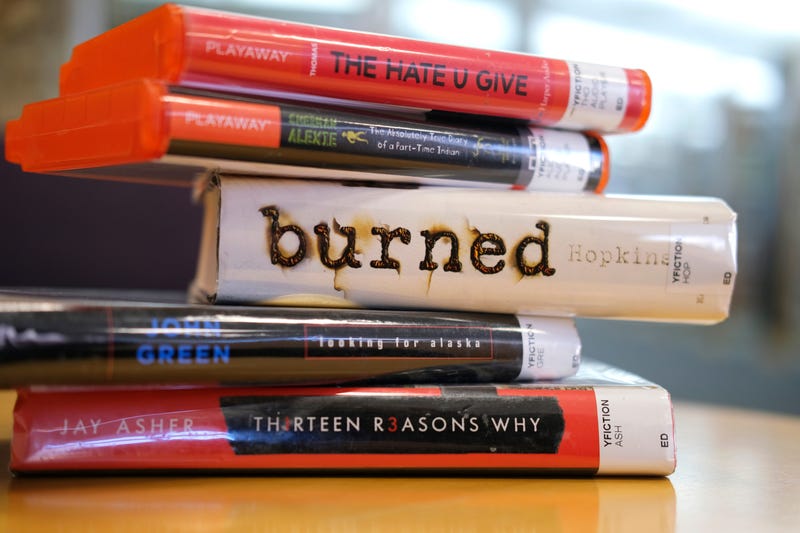A significant majority of Americans – 80 percent – don’t believe in banning books about history or race, according to a new CBS poll.
Why don’t they want the books banned? They believe books about history and race teach American students about what others have gone through.
Even though an overwhelming percentage of people don’t want to see these books banned, efforts to ban them are still spreading across the U.S., according to The New York Times. Conservative groups fueled by social media have been pushing for the bans, said the outlet.
“It’s being driven by legislation, it’s being driven by politicians aligning with one side or the other. And in the end, the librarian, teacher or educator is getting caught in the middle,” Britten Follett, the chief executive of content at Follett School Solutions, one of the country’s largest providers of books to K-12 schools, explained.
Parents, on the other hand, feel the same as the wider public that books should not be banned, said CBS News. More than eight in 10 people don’t want to see books discussing race, criticizing U.S. history, or depicting slavery in the past or covering political ideas they disagree with banned.
“We see wide agreement across party lines, and between white and Black Americans on this. Parents feel the same as the wider public,” said CBS.
Additionally, four in 10 people believe teaching about race in America makes people more racially tolerant today. Far fewer people believe the opposite, though not everyone sees a direct link between understanding and racial tolerance today.
Most people surveyed believe that racism has been a problem in U.S. history and continues to be a problem today.
There were some differences in opinion about how much Black history should be taught in schools based on race and political party. While Black Americans and white Democrats think too little is taught, white Republicans were more likely to say the right amount of Black history is already taught in schools.
As for Critical Race Theory, a graduate-level academic concept that made its way into local school board discussions and national headlines this year, only one third of those polled had heard of it. Those who identify as conservatives or Republicans were more likely to know about Critical Race Theory. They also had more negative views on the subject.
When school officials in McMinn County, Tenn., recently banned Maus, Art Spiegelman’s Pulitzer Prize–winning graphic memoir about the Holocaust, they said its profanity, nudity, violence, and depiction of suicide made it “too adult-oriented for use in our schools.”
The CBS News poll found that most Americans are okay with public schools teaching about ideas and historical events that might make some students uncomfortable. There was also little support for the idea that learning about race leads students to feel guilty and less racially tolerant.
“I think it’s a manufactured issue, to be honest,” said Suzanne Nossel – CEO of PEN America, a non-profit organization that works to protect freedom of expression in the U.S. – of book bans, according to The Guardian.



